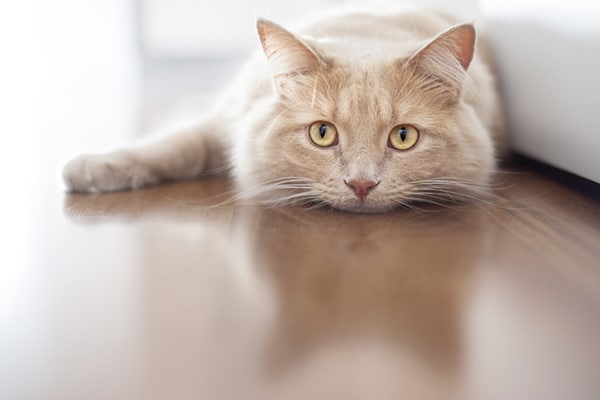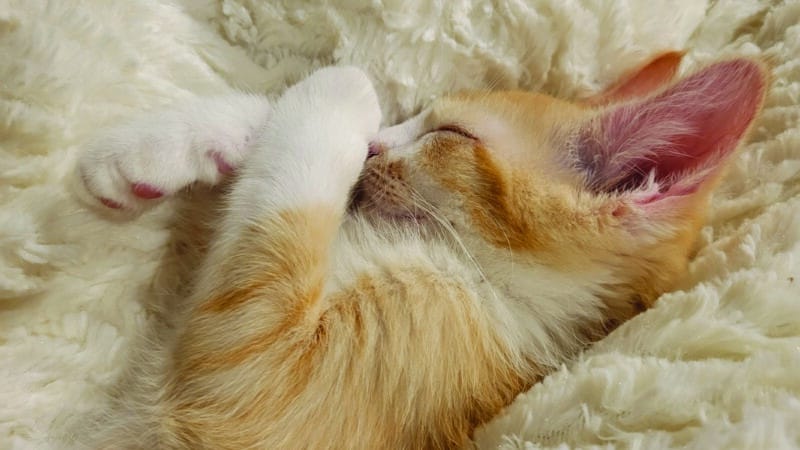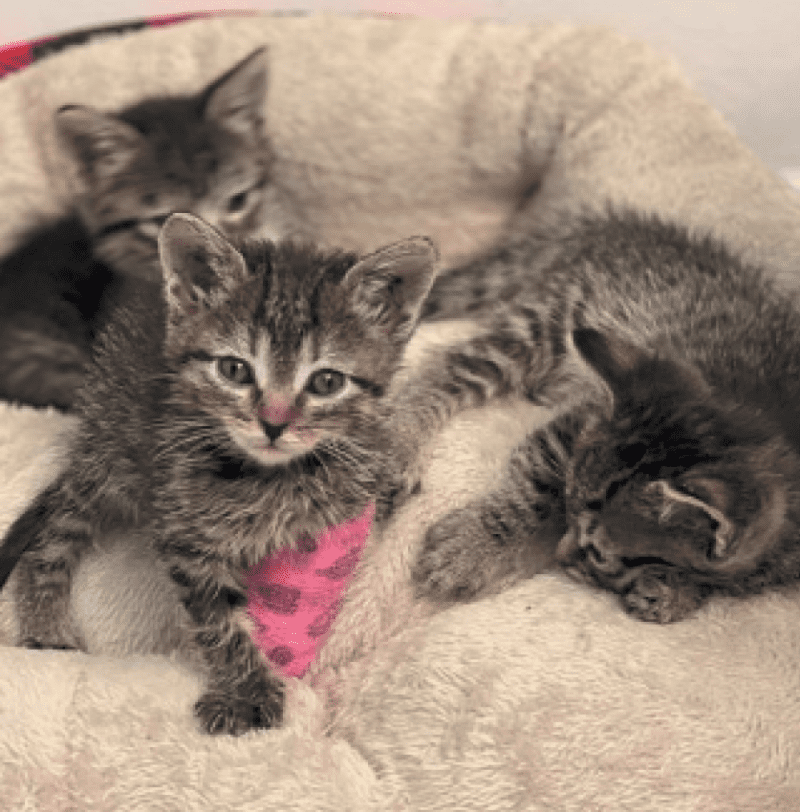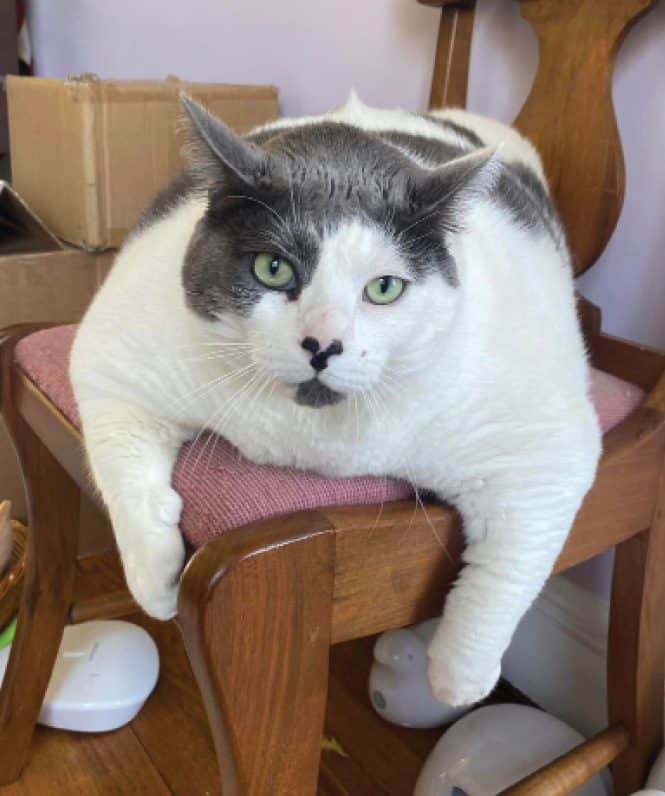Is your cat losing weight? Cats may lose weight for many reasons. Sometimes, weight loss is a good thing. If your vet recommends that your overweight or obese cat needs to shed a few pounds, a change in diet and increase in daily exercise can help your cat slim down. However, if you’re not specifically trying to get your cat to lose weight, but you think she’s looking smaller than she used to, the weight loss might signal a health problem.
Why is your cat losing weight?
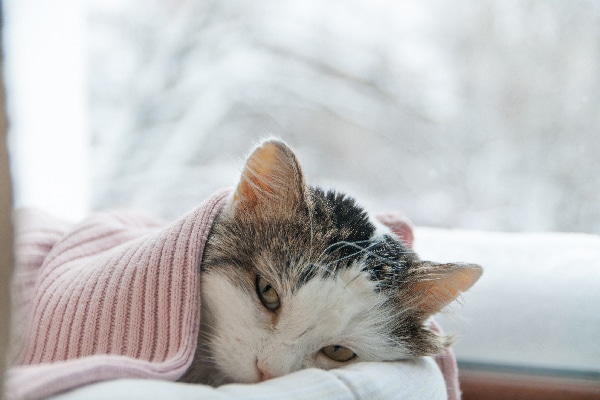
“In older cats, the biggest reasons would be hyperthyroidism, diabetes, lymphoma and inflammatory bowel disease, as well as kidney disease, liver disease or organ disease,” explains Ken Lambrecht, DVM, owner and medical director of West Towne Veterinary Center in Madison, Wisconsin. Other things that can cause weight loss in cats include intestinal parasites and dental problems (a cat might avoid eating if her mouth hurts). Cats can be very sensitive and some might lose weight due to stress in the environment (for instance, moving, adopting another cat, or a new baby or roommate in the house).
Depending on why your cat is losing weight, you might notice that your cat is eating less than usual (or not at all), or more than usual. “In the case of diabetes and hyperthyroidism, the appetite would be excessive, but the cat would be losing weight,” says Dr. Lambrecht, who is an American Feline Practitioners Association board member and a member of the Cat Friendly Practice Committee. “With other conditions, the cat would have a poor appetite and would be losing weight.”
How to tell if your cat is losing weight
The problem with cat weight loss is it can happen gradually, so much so that you might not even notice a cat losing weight until she’s dropped a significant number of pounds. This is especially true if you have a very fluffy cat, as the weight loss may be disguised by your cat’s hair coat. Paying attention to your cat’s behavior and noting when something seems amiss can help you identify trouble early on.
“It’s really important that we identify weight loss before it gets severe,” Dr. Lambrecht advises. “Cats are masters of disguise. In the wild they would not want to show any symptoms of illness. One of the first things people will notice is maybe the cat is sleeping in a different area. Whenever they change their basic daily habits, including litterbox habits, it’s an early indicator of problems.”
It’s also a good idea to run your hands all over your cat’s body on a weekly basis to get a good feel for what her normal body condition is like. “You can do that in combination with petting them and giving them affection, and just kind of feeling muscle mass and general mass,” Dr. Lambrecht says.
Using technology to track your cat’s weight
Thanks to modern technology, it’s getting easier to keep track of your cat’s weight and even bathroom habits. The Tailio, a smart scale that goes under your cat’s litter box, automatically weighs your cat and monitors daily elimination, then wirelessly sends the data to your smart phone. It can even distinguish between multiple cats using the same litter box. Petrics, another smart scale product that will be available in the fall of 2018, goes under the cat’s bed. It automatically weighs the cats and sends the weight to your smartphone.
What to do about a cat losing weight
If you think your cat is losing weight, bring her to the vet as soon as possible. A “wait and see” approach is not a good idea where cat weight loss is concerned. By the time you notice weight loss, the underlying condition might have been going on for quite some time.
Your veterinarian will do a thorough physical exam and weigh your cat on a special scale to compare her current weight to the weight recorded at her last veterinary visit. The next step is usually bloodwork to check organ function. “If the bloodwork doesn’t show what we need to show, we usually go with an abdominal ultrasound, and that can give further insight to the causes of weight loss,” Dr. Lambrecht explains.
Thumbnail: Photography ©Stegarau | Thinkstock.
Read more about cat weight loss on Catster.com:

